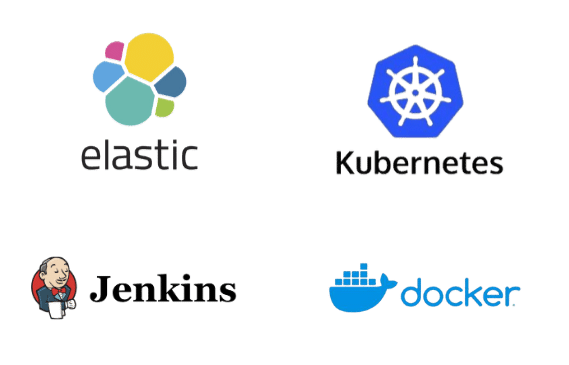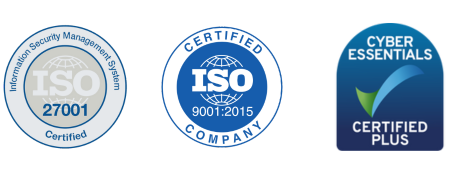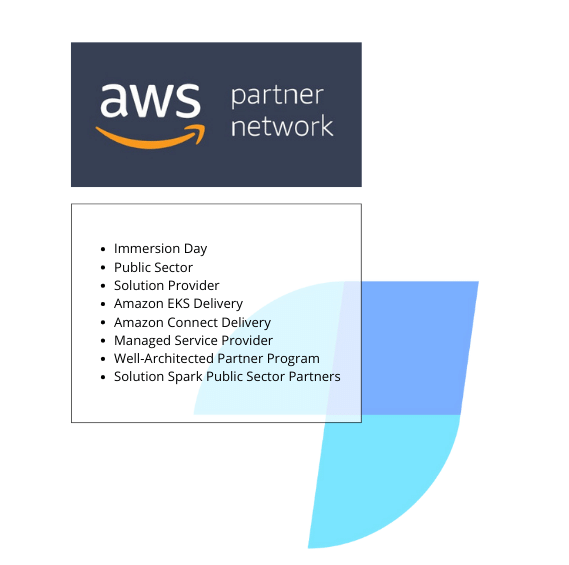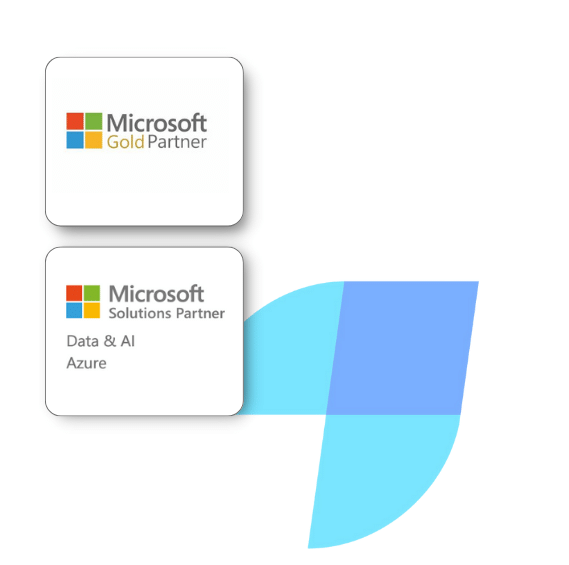
Partners & Certifications
Leading global technology partners and the accreditations you expect.
We collaborate with several exceptional technology partners. Our ability to form strong alliances and partnerships is fundamental to our work, as it empowers us to provide ongoing customer value harnessing the very best technology in the marketplace.
AWS Advanced Consulting Partner
As an AWS Advanced Consulting Cloud Partner, Mobilise has collaborated with AWS for almost a decade. Our AWS Certified Architects and engineers help organisations transform their business through cloud enablement. We deploy a range of successful AWS-based solutions to meet the rigorous requirements that customers present.
Central government and the private sector customers rely on Mobilise Cloud to design, build and support workloads, solutions and platforms running on AWS. We specialise in migrating, modernising and transforming workloads into AWS, cloud-native, well-architected solutions.
Mobilise are 1 of only 9 UK providers to have been successfully audited to AWS Managed Service Provider (MSP) standard.
As an AWS MSP Partner Mobilise Cloud is trusted to bring Amazon Web Services solutions to customers. We aim to understand your business’ key outcomes. This enables us to help with your digital transformation as part of your cloud journey.
As an AWS Advanced Consulting and Public Sector Partners, Mobilise have proven expertise working within central and local governments.
As an AWS Well Architected Partner, Mobilise have proven expertise delivering solutions that meet the highest AWS requirements for well architected designs.
The AWS Well-Architected Partner Program enables consulting, professional or managed services firms to establish good architectural habits, eliminate risk, and respond faster to changes that affect designs, applications, and workloads. AWS Well-Architected Partners gain expertise to build high quality solutions, implement best practices, check the state of workloads, and make improvements per your business and customer needs.
Using a pay-as-you-go pricing model, customers can quickly establish complex call centre routing with a cloud solution that automatically scales to your traffic and agent numbers.
The Connect Service Delivery Competency demonstrates Mobilise’s commitment to delivering successful Connect solutions on the AWS Platform. Our solutions have been independently vetted by AWS to ensure they meet the highest standards.
As the only UK based Amazon Managed Service (AMS) Partner, Mobilise are expertly placed to offer an AWS Managed Service backed by AWS.
AMS allows your team to gain AWS skills and experience whilst you can rest assured that your business-critical infrastructure is managed and supported by AWS.
As an Amazon Migration Acceleration Partner, Mobilise have a proven track record in migrating workloads to AWS securely, on-time and with structured project governance. Our expertise as an AWS Well Architected Partner, ensures we can design an AWS environment for your workloads that follows AWS best practices, is highly secure and cost-effective. Furthermore, Mobilise have access to AWS funding that can offset professional services costs undertaken during a migration.
We work with
Microsoft Gold Partner
At Mobilise, we bring our experience as a Microsoft Gold Partner & Managed Service Provider to help enterprises benefit from the full suite of evolving services available on Microsoft Azure.
Our team of data architects and analysts have experience designing, building and supporting Azure modern data analytics platforms across central government utilising Power BI to automate workflows and dashboards.
As a Microsoft Gold Partner, Mobilise are expertly placed to deliver enterprise support through an ISO27001, SC-cleared Service Desk – utilising automation and best practice to ensure high SLAs.
Microsoft have declared that Mobilise have expertise and experience within the following competencies
- Applications & Infrastructure
- Business Applications
- Data & AI
- Modern Workplace & Security
With big data consulting services, businesses can empower staff with impactful insights for business intelligence.
Our Data Architects and Analysts can build modern data analytics platforms backed by powerful Azure services such as Data Lakes, Data Warehouses, Data Factory and Power BI utilising machine learning to present automated, detailed reports to business stakeholders.
Positive Planet are a leading sustainability agency for organisations who want to achieve net-zero. They help Mobilise embed:
- GHG Protocol Compliant Emissions Reporting for Scopes 1, 2 & 3
- Carbon reduction planning in line with science-based targets
- Net Zero accreditation & sustainability
- Carbon literacy training for staff
Our team of Data architects and analysts have experience designing, building and supporting Azure modern data analytics platforms across central government utilising PowerBI to automate workflows and dashboards.
As Power Bi partners, our experience covers data engineering, data integration, data science and big data. We have a proven track record of working with clients to develop custom solutions on Azure Platform, including implementing Power BI for interactive visualisations and self-service analytics.

Even More Partners
We are continually incrementing our partner stack as technologies evolve. We currently have over 12 technology partnerships augmenting our tooling enabling us to deliver secure, reliable solutions across a range of platforms and services.
“Cloud native technologies empower organisations to build and run scalable applications in modern, dynamic environments... combined with robust automation, they allow engineers to make high-impact changes frequently, and predictably with minimal toil”

All The Essential
Accreditations
We’re take best practice and security seriously investing in systems, staff training and, as an organisation, continual improvement.

ISO 9001 is defined as the international standard that specifies requirements for a quality management system (QMS). Organizations use the standard to demonstrate the ability to consistently provide products and services that meet customer and regulatory requirements.
ISO/IEC 27001:2013 specifies the requirements for establishing, implementing, maintaining and continually improving an information security management system within the context of the organization. It also includes requirements for the assessment and treatment of information security risks tailored to the needs of the organization.
Cyber Essentials Plus is a certification scheme that helps businesses implement a set of basic security controls that can protect against common cyber threats. These controls include firewalls, secure configuration, access control, patch management, and malware protection. To achieve the certification, businesses must undergo an independent assessment of their security controls by a certified certification body.

